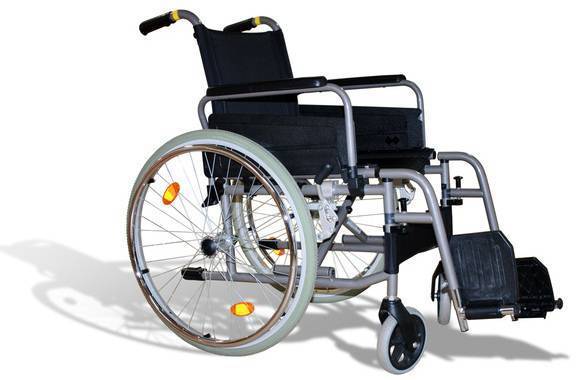Durable medical equipment (DME), or home medical equipment
Is defined by Medicare and insurance companies as medical equipment that is designed to withstand repeated usage by non-professionals and is appropriate for home use. DMEs are used by individuals with chronic conditions like diabetes, home health care recipients, and individuals with disabilities, to name a few. DMEs must be purchased or rented for long-term use as an absolute medical necessity to be covered by Medicare. The equipment only qualifies as a DME if it isn’t used by individuals without the illness it was designed for. An incomplete list of DMEs includes: hospital beds, diabetes self-testing supplies, home oxygen equipment, power scooters, wheelchairs, walkers, prosthetics, orthotics, and certain nebulizers. Disposable equipment, such as medication, catheters, splints, and bandages, are not covered. Elevators and lifts aren’t covered because healthy individuals still use them. While DMEs can be purchased without a prescription, except for oxygen equipment, insurance is more likely to cover the item with a note from an authorizing party, or a “justification statement.” However, purchasing DMEs from a Medicare certified supplier guarantees that the product meets strict guidelines under an accredited provider. In this case, the supplier is presented with the patient’s insurance information and prescription, at which point they perform a series of obligated tasks: delivery and setup, safety evaluation in the home, training the patient and caregiver on usage, informing the client about their rights, and performing scheduled maintenances. All DME suppliers follow a strict code of confidentiality to ensure the privacy of their clients.


The majority of the costs of DMEs are typically covered by Medicare or private insurance companies
If a patient has paid their annual deductible, Medicare will pay 80% of the cost of the DME. DMEs are usually included in long-term care insurance policies since they are considered medically necessary. In each case, a co-pay might be necessary. Equipment can also be rented for a period of 15 months maximum, at which point Medicare ceases to cover the charge. However, the equipment can still be rented for use but must be paid by alternate means. Although DMEs might be covered by Medicare or insurance provider, additional costs may be incurred through home remodeling ventures required to accommodate the DMEs. This can range from the installation of handrails, the addition of power outlets for electrical devices, or wider doorways for wheelchairs.
Receiving coverage from Medicare for DMEs requires adhering to the following criteria:
the equipment withstands repeated use, is primarily used for a medical purpose, is not useful to a person without an illness, is appropriate for in‑home use, lasts more than 3 years, is provided by Medicare-approved suppliers, and is medically necessary for the patient.
Besides Medicare and private insurance, other options are available for purchasing DMEs. For low-income seniors, Medicaid can pay for the entire cost of the DME. In addition to Medicaid, most states have financial assistance programs for seniors in need of DMEs. Veterans are entitled to benefits which help by covering co-payments that remain from Medicare coverage. Lastly, foundations and nonprofits can offer equipment to seniors who meet certain conditions and income criteria.

